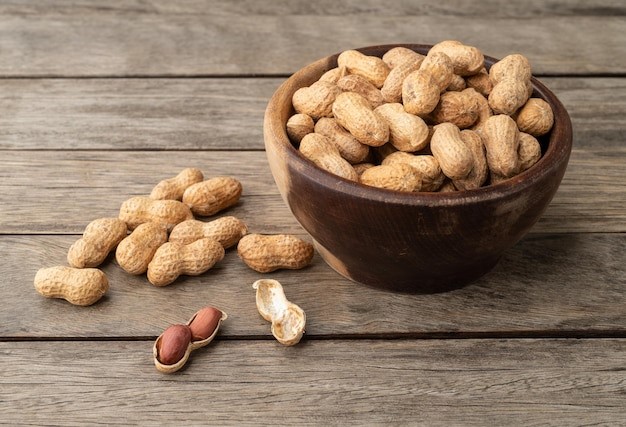Peanut, also known as the groundnut, goober, pindar or monkey nut, often underestimated as a mere snack, actually pack a punch when it comes to their health benefits. Peanuts hold a wealth of nutrients that can significantly contribute to a healthier lifestyle.
According to the U.S. Department of Agriculture (USDA), peanuts are loaded with essential nutrients, and integrating them into your diet can lead to tangible health improvements.
Here’s a detailed look at the compelling reasons that make peanuts a smart choice for anyone focused on enhancing their overall health and wellness.
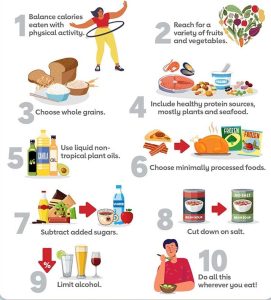
Heart health: Peanuts are packed with monounsaturated and polyunsaturated fats, which are the good fats necessary for a healthy heart. Studies have shown that they can lower bad cholesterol levels, which is a tick in the box for heart disease prevention.

Weight management: Though peanuts are energy-dense, they are also high in protein and fiber, which increase satiety. This means they can help keep you full for longer after eating, potentially helping you avoid overeating throughout the day.
Protein power: An ounce of peanuts packs about 7 grams of protein. For those on a plant-based diet or looking to reduce meat consumption, peanuts are an excellent protein source to include in meals and snacks.
Nutrient rich: Peanuts are a goldmine of essential vitamins and minerals. They provide key nutrients that our bodies need to function properly, including magnesium, phosphorus, and B vitamins.
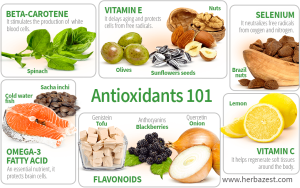
Antioxidant-rich: Peanuts contain antioxidants like p-coumaric acid and resveratrol. Antioxidants are important as they fight free radicals in the body, reducing oxidative stress and lowering the risk of chronic diseases.
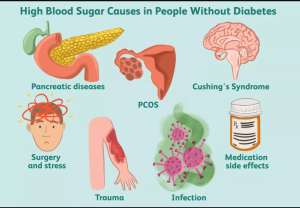
Blood sugar stabilizer: The low glycemic index of peanuts means that they are slowly digested and do not cause a large spike in blood sugar levels, making them a great option for those monitoring their blood sugar.
Cancer prevention: The connection between peanuts and cancer prevention is gaining interest in the scientific community. Peanuts contain a compound called beta-sitosterol, a form of phytosterol that studies suggest has anticancer properties.
According to the American Institute for Cancer Research, phytosterols in foods like peanuts may help reduce the risk of cancer by inhibiting tumor growth and preventing the spread of cancer cells.
Additionally, the International Journal of Cancer has reported observational findings suggesting that higher consumption of nuts, including peanuts, is associated with a reduced risk of certain types of cancer, notably colorectal cancer.
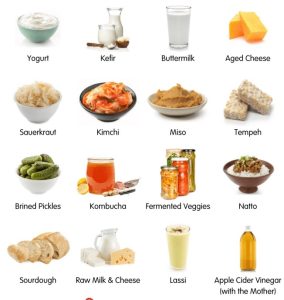
Digestive health: The dietary fibers in peanuts are beneficial for your digestive system. Regular consumption can help maintain regular bowel movements and can prevent digestive disorders.
Skin and hair health: The variety of vitamins and minerals in peanuts, such as vitamin E and zinc, contribute to maintaining healthy skin and hair. Vitamin E, in particular, is known for protecting skin against damage from free radicals.
Cognitive benefits: Peanuts contain nutrients that are known to support brain health. Niacin, for example, has been linked to a reduced risk of cognitive decline, while resveratrol has neuroprotective functions.
Incorporating peanuts into your diet is simple. They can be eaten alone, added to salads for a crunch, or even blended into smoothies for a protein boost. Just remember to opt for the unsalted, natural varieties to maximize these health benefits and be mindful of portion sizes to keep your calorie intake in check.
Lastly, always consider allergies – if you or someone in your household has a peanut allergy, it’s essential to avoid them completely. For everyone else, these crunchy legumes could be the snack that not only satisfies hunger pangs but also contributes to a stronger, healthier body.

